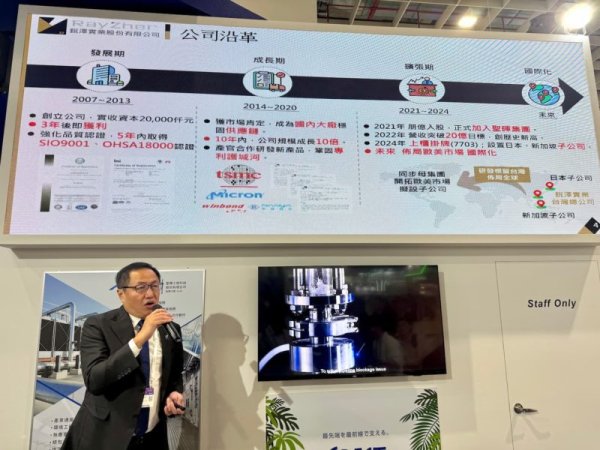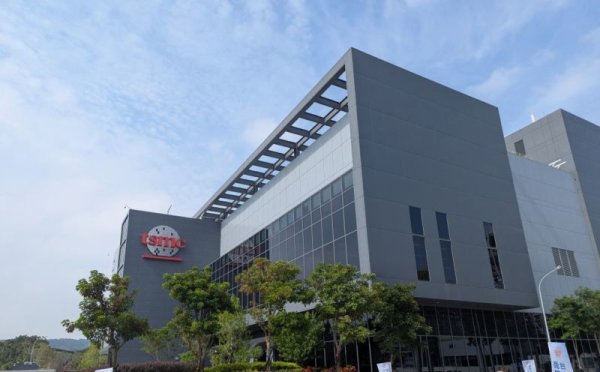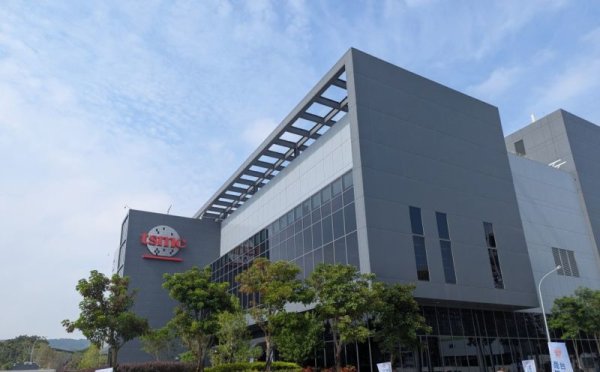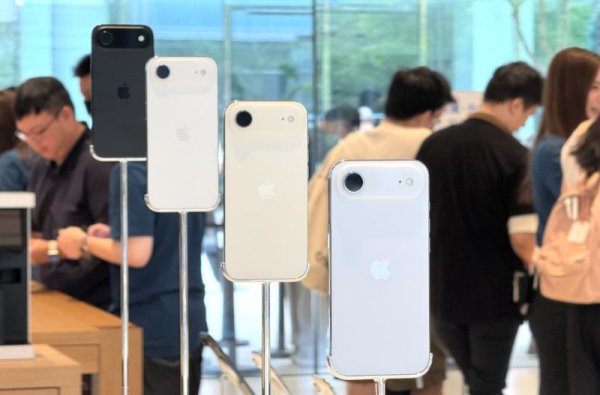Intel s Chen Liwu went to the Middle East to discuss semiconductor and AI cooperation with Saudi Arabia
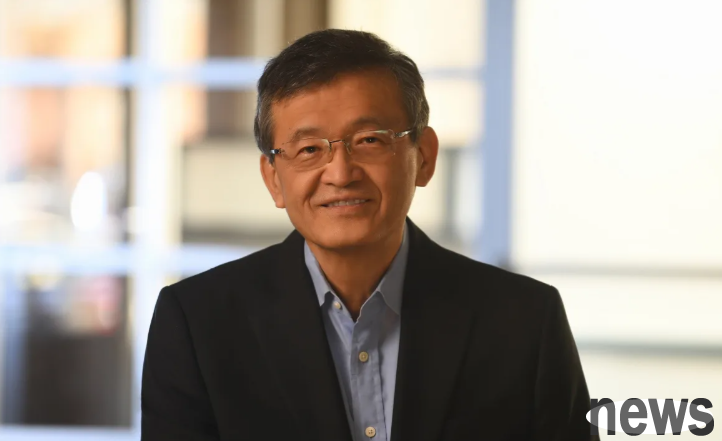
Intel CEO Chen Liwu recently met with Saudi Arabia’s Minister of Communications and Information Technology Abdullah Al-Swaha to discuss cooperation in the fields of semiconductors, advanced computing and artificial intelligence (AI). According to Arab News, the two parties will conduct multi-level exchanges on AI infrastructure construction and advanced manufacturing, opening a new chapter in Intel's potential cooperation in the Middle East.
The #Saudi Minister of Communications and Information Technology Abdullah Al-Swaha has met Lip-Bu Tan, the CEO of #Intelhttps://t.co/YgecZlZSCp
— Arab News Japan (@ArabNewsjp) October 19, 2025
Since this year, Intel has successively introduced multiple strategic partners and funding sources, including support from NVIDIA (NVIDIA), SoftBank (SoftBank) and the US government, allowing the company to alleviate the pressure of previous losses. Now, Intel is turning its attention to the Middle East market, showing that it hopes to further strengthen the competitiveness of its foundry business (Intel Foundry Services) and AI chip ecosystem through diversified capital and regional partners.
Saudi Arabia is actively promoting the "Vision 2030" transformation plan, trying to shift from a petroleum economy to a high-tech and manufacturing industry, and regards semiconductor and AI infrastructure as a national development priority. Analysts pointed out that if Intel reaches a preliminary understanding with Saudi Arabia, it may become the first U.S. chip manufacturer to be deeply involved in semiconductor layout in the Middle East. They also said that in addition to focusing on "energy capital", the region has also begun to emphasize the importance of "technology capital."
Today, AI is reshaping the landscape of global capital and geopolitics. While the U.S. government is promoting chip policies and major technology companies are accelerating the construction of an AI ecosystem, Middle East sovereign funds are emerging as a new type of "tech capital" force. For Intel, contact with Saudi Arabia is not only a matter of seeking funds, but may also be part of an extension of the U.S. government’s “Chip Alliance” strategy. In the future, AI will not only be a technology competition, but also a multi-polar struggle around energy, capital and national strategy. The role of the Middle East is changing from an oil-exporting country to a key investor in the global technology supply chain.
Intel’s CEO Lip-Bu Tan Meets Saudi Official For a Potential Chip Partnership — Can Gulf Capital Power Team Blue’s Semiconductor Comeback?
